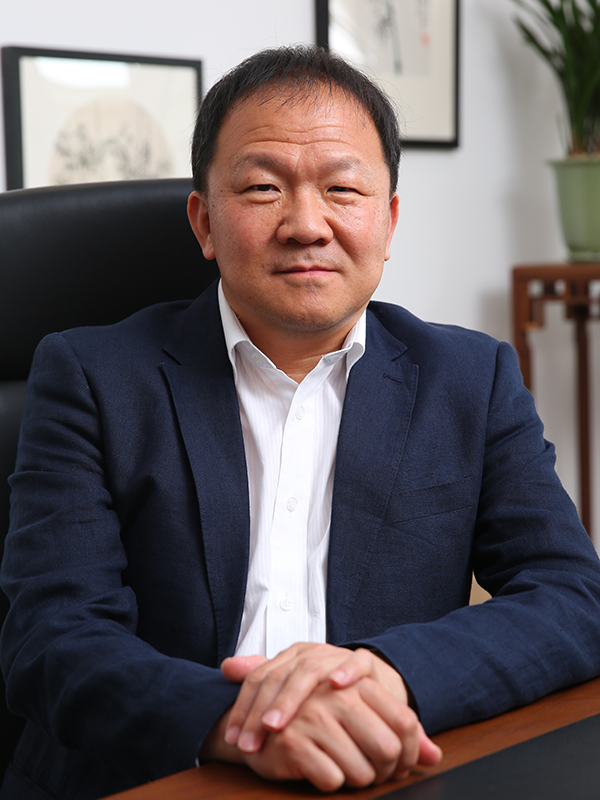- P6318, Purple Zone, 6/F Yeung Kin Man Academic Building
- +852 3442-8334
- minzhuo@cityu.edu.hk
- CityU Scholars
- Lab Website
Prof. Zhuo is a Professor of Physiology, University of Toronto. He is the Michael Smith Chair in Neuroscience and Mental Health, and the Canada Research Chair Tier I in Pain and Cognition. He earned his BA degree in Biophysics from University of Science and Technology in China and PhD degree in Pharmacology from University of Iowa under the guidance of Prof. Gerald Gebhart. He received his postdoctoral trainings at Columbia University with Prof. Eric R. Kandel and Stanford University with Prof. Richard W. Tsien. He held a faculty position of full professor at Washington University in St. Louis, before he moved to University of Toronto. He helped to establish the Center for Pain research in Washington University in St Louis, and acted as Chief for basic research. Prof. Zhuo’s research interests are cellular and molecular mechanisms of synaptic plasticity, cortical and spinal neuronal circuits, and implications of these plastic changes in physiological and pathological conditions. They include chronic pain, fear, anxiety, fragile X disease, and mood disorders. He has published more than 380 articles in professional journals such as Nature, Nature Neuroscience, Nature Neuroscience Review, Nature Communication, Science, Science translational medicine, Science Signaling, Neuron, Cell Report, PNAS, Trends in Neuroscience, Mol Psychiatry, J Cell Biology, Brain, J Neurobiology, J Neuroscience, J Physiology, J Neurophysiology, J Neurochemistry, JBC, European J Neuroscience and more than 40 reviewed articles. His publications have been cited more than 32,000 times; H-factor is 96 (Google scholar).
He is the founding editor and editor-in-chief for two online journals of Molecular Pain, and the founding and executive editor for Molecular Brain. From 2013–2018, he also served as a Deputy Chief Editor for J Neurochemistry. He is a editor for Neuropharmacology and Frontier in Neuroscience. He is the Editor of the first textbook of Molecular Pain. He was Chang Jiang (Li Ka Shing) Scholar in Fudan University, Shanghai (2005–2008) and the WCU Seoul National University Visiting Professor in Seoul National University (2009–2014). In 2009, he was elected to Fellow of Royal Society of Canada. As a guest director, he has helped to establish the center for Neuron and Brain Disease in Xian Jiao-Tong University in China (2012–2023). He is the founder and president of the Association for Neuron and Brain Disease (AND), and has organised annual meetings in promoting the exchanges of novel neurobiological discoveries globally since 2006. In 2024, he is cited as Stanford’s top 2% most highly cited scientist. Rated by Scholar GRO, he is cited as Lifetime worldwide Highly Ranked Scholar in the specialties of ACC (#3), cingulate cortex (#3) and chronic pain (#16) researches.
One of his major achievements is to translate his discovery of cortical plasticity in chronic pain to potential clinical treatment of chronic pain for patients and pets. His discovery in 2003 of adenylyl cyclase subtype 1 (AC1) as a selective novel target for the treatment of chronic pain has been cited by the encylopedia of Britannica as a key milestone for modern pain research. NB001 and FM888, two different formulas for AC1 inhibitor, have successfully passed Phase 1 human studies. While Phase II studies for neuropathic pain and headache are in process, the use of NB001 for the treatment of joint pain in aged dogs has been finished for Phase III studies.
9 January 2025
